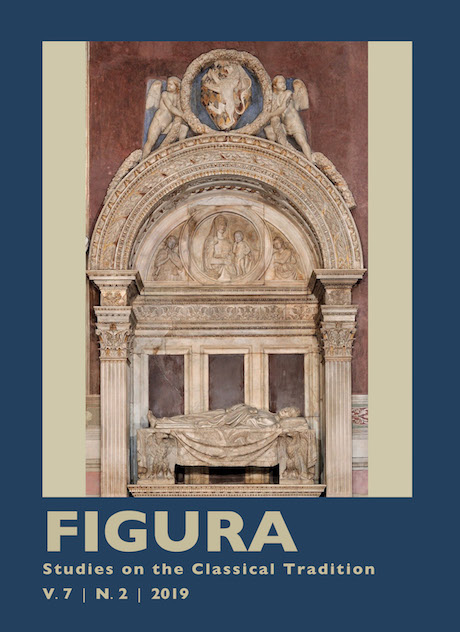Abstract
Faced with a clear attack to the cultural and educational institutions held by the present government, particularly in the humanities areas, this paper argues for an effective response in order to justify such studies and researches based on an author from six centuries ago. The works of the humanist and historian Leonardo Bruni reflect the meaning of the Quattrocento thought which, in the wake of the Renaissance, forged the modern West civilization. Values such as virtue, liberty, citizenship and civic participation stand out in a close relationship with education and learning. Bruni is, first of all, a pioneer in the criticism of tyranny, arbitrariness and all kind of government maintained by force. The basis of his main arguments is built in the perspective that humans are capable of governning themselves and do not need an isolated leader.
References
HANKINS, J. “Coluccio Salutati e Leonardo Bruni”, in: Il contributo italiano alla storia del pensiero, ed. Michele Ciliberto. Roma: Treccani, 2012, pp. 85-94.
KRISTELLER, P. O. Tradição clássica e pensamento do Renascimento. Lisboa: Edições 70, 1995.
POCOCK, J.G.A. The machiavellian mouvement – Florentine political thought and the Atlantic republican tradition. Princeton University Press, 1975, p. 40-41

This work is licensed under a Creative Commons Attribution-NoDerivatives 4.0 International License.
Copyright (c) 2019 Figura

